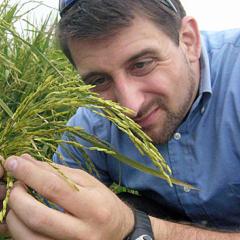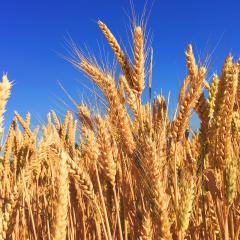Krupnik asks if crop production intensification through irrigation can be sustainable
Timothy Krupnik co-authored a recent study in Plos Water that explores intensifying crop production in coastal Bangladesh without negative impacts. They found there is considerable potential to “expand irrigated crop production without negatively exposing the cropland and rivers to detrimental salinization levels while preserving the ecosystem services of the rivers.”
Expanding crop production is important because food security remains a concern in Bangladesh, which has a land area of 14.5 million ha and a growing human population of over 170 million. New avenues are needed for low-cost and sustainable food production, and for farmers to generate income, but expansion of cropland entails ecosystem risks. This study explores whether it is possible to intensify crop production with irrigation in the delta region of Bangladesh while staying within the safe operating space and thus preserving the ecosystem services of the rivers.
Read the open access article to learn more.
Citation: Khan ZH, Islam MS, Akhter S, Hasib MR, Sutradhar A, Timsina J, et al. (2024) Can crop production intensification through irrigation be sustainable? An ex-ante impact study of the south-central coastal zone of Bangladesh. PLOS Water 3(2): e0000153. https://doi.org/10.1371/journal.pwat.0000153

